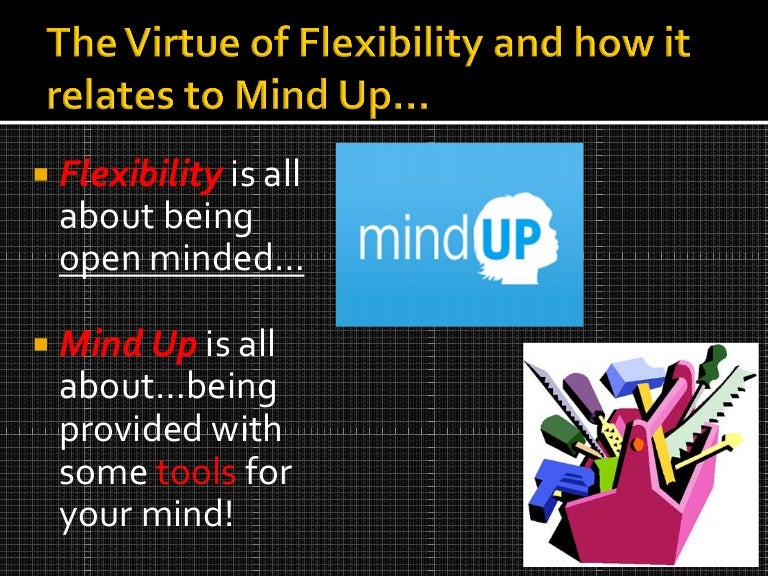

These are appalling numbers, far beyond what even most practitioners expect. Research from the Centers for Disease Control (CDC) found that one in five Americans has been sexually molested as a child one in four has been beaten by a parent one in four of us grew up with alcoholic relatives and one out of eight has witnessed their mother being beaten or hit. But this is acute trauma, which is not the only kind.Įven acute trauma is common. We usually think of trauma as a thing that happens in very extreme circumstances – rape, molestation, physical abuse, extreme neglect, assault, domestic violence, or natural disasters. Trauma is an almost universal part of the human experience, the book establishes early on. All research and conclusions come from the book. I’ll focus on what I think are the most important, unusual, and powerful points from Dr. In other words, there is no one more qualified to speak on both the scientific and personal impact of trauma in a wide variety of contexts. As a clinician and researcher at Harvard University and Boston University, he has published more than 150 academic papers and led studies on the effectiveness of yoga, Eye Movement Desensitization and Reprocessing, neurofeedback, MDMA, theatre, and other methods for treating trauma. Bessel van der Kolk, summarizing his four decades of experience studying the impact of trauma on childhood brain development and emotion regulation. In fact, I have difficulty thinking of any domain that they won’t have an impact on. These findings are critically important to everything from education, to social policy, to healthcare, to law enforcement, to personal development, and far beyond.

I’ve summarized the book The Body Keeps the Score (affiliate link) below because I want the information it contains to spread far and wide. I thought, could this be the key to so much that plagues us? Could it be the root cause of so many problems that keep us from achieving our most cherished goals and dreams? Even those of us who find it easy to “be productive” are not immune to the impact of trauma.

They can both be forms of dissociation – an attempt to escape from the present moment. I was shocked to learn that not only is attention deficit a common symptom of trauma, but so is hyperfocus. Maintaining motivation and a sense of purpose.Fully accessing imagination and creativity.Cultivating a sense of confidence and personal agency.Learning new information and changing behavior.Sensory overload and filtering what matters from what doesn’t.On the pages before me I saw many of the challenges I had encountered in myself, my students, and my clients for years, except this time framed as common side effects of trauma. But somehow I had never taken the time to really understand what lies at the root of a disturbed psychology. I had read countless books on positive psychology, spiritual growth, and overcoming cognitive biases. I’d spent years immersed in the “personal development” world, obsessed with uncovering hidden truths and rewriting limiting beliefs. I didn’t have any trauma…Īs I turned the pages, slowly and then quickly, I was introduced to a completely new conception of trauma unlike anything I had ever encountered before. But I had never experienced abuse, or been caught in a natural disaster, or been attacked.

#Mind up books how to
It is a book about trauma – what it is, where it comes from, and how to treat it. When I first picked up this book, I wasn’t quite sure what it had to do with me.


 0 kommentar(er)
0 kommentar(er)
